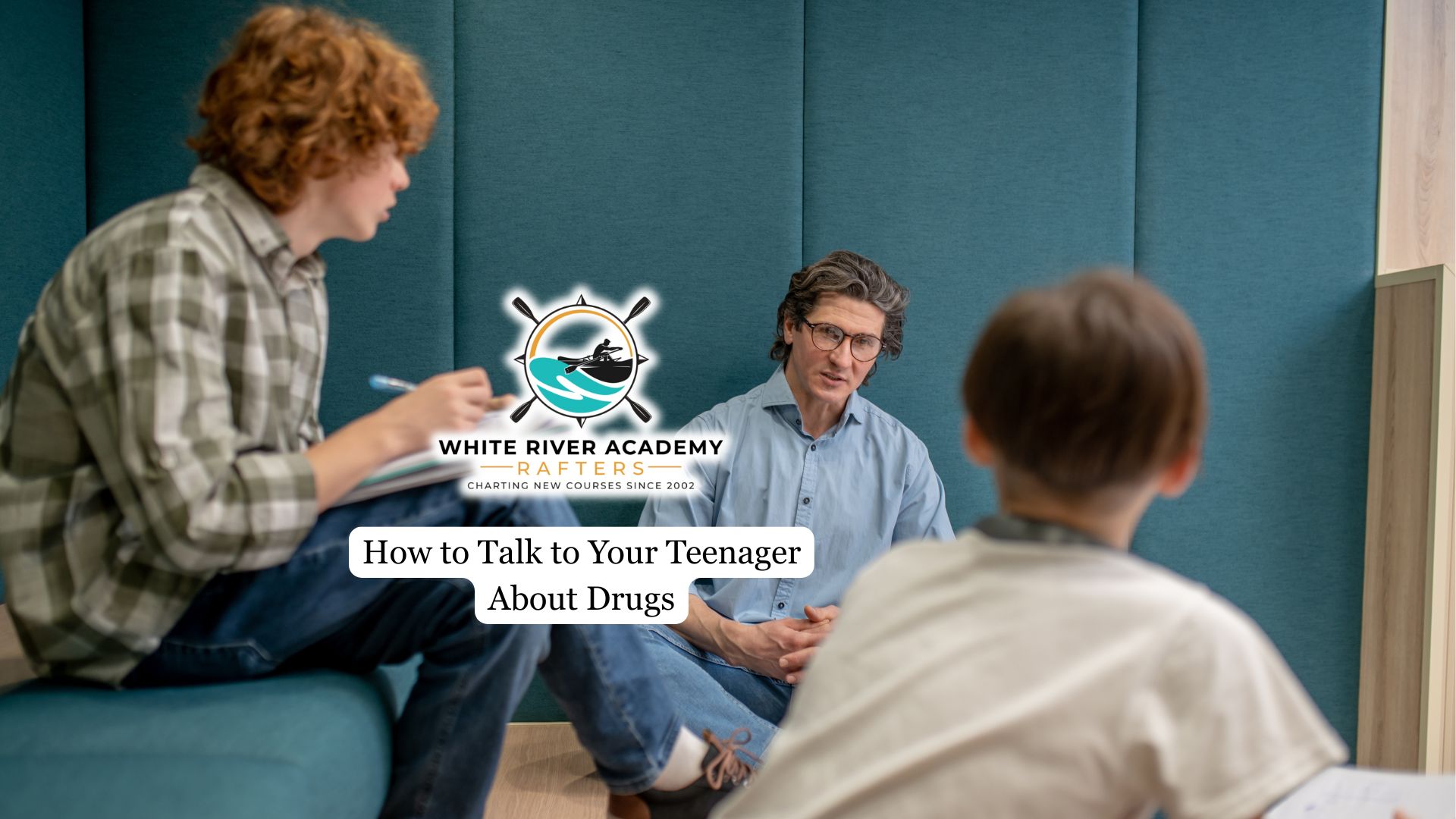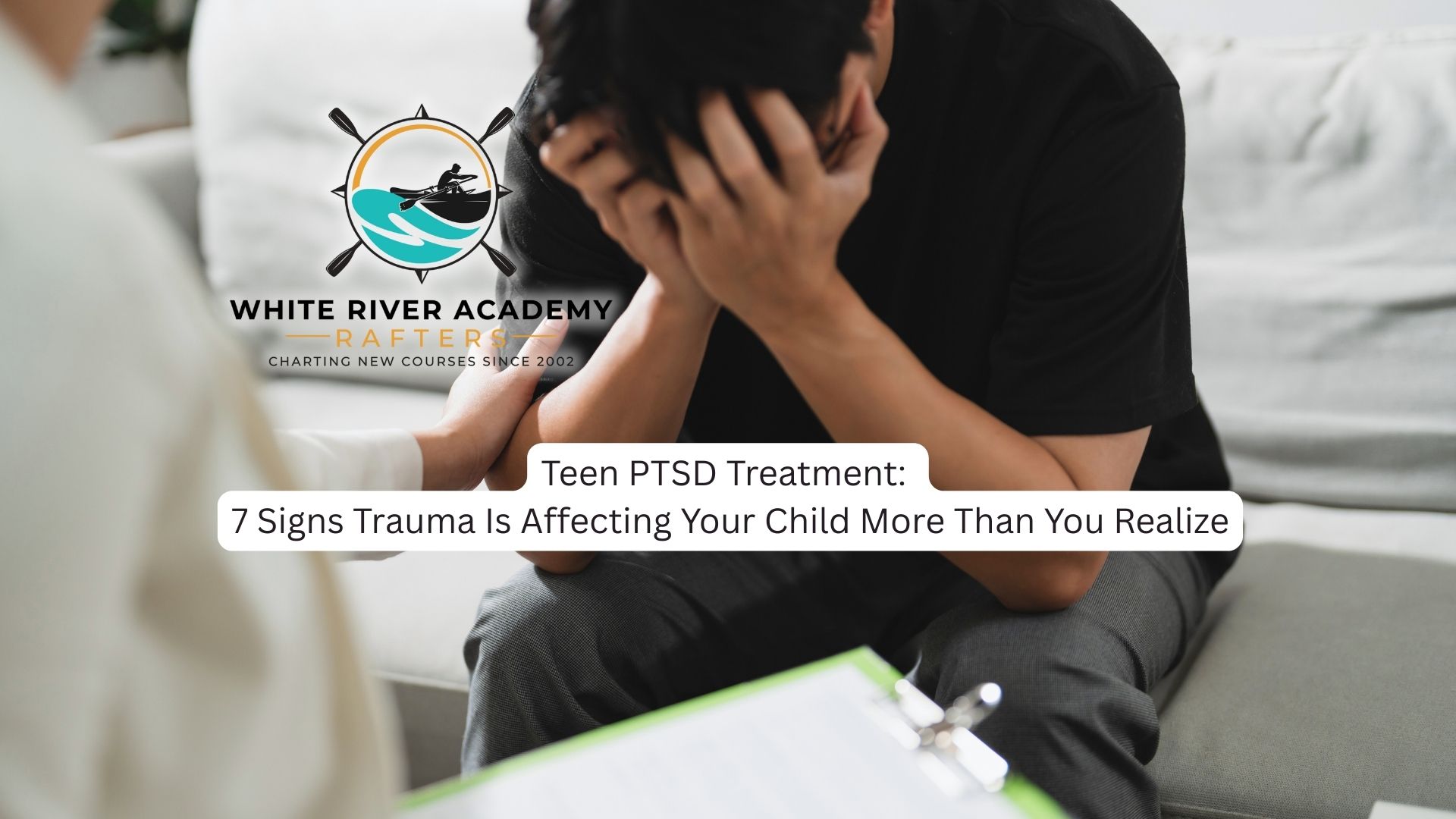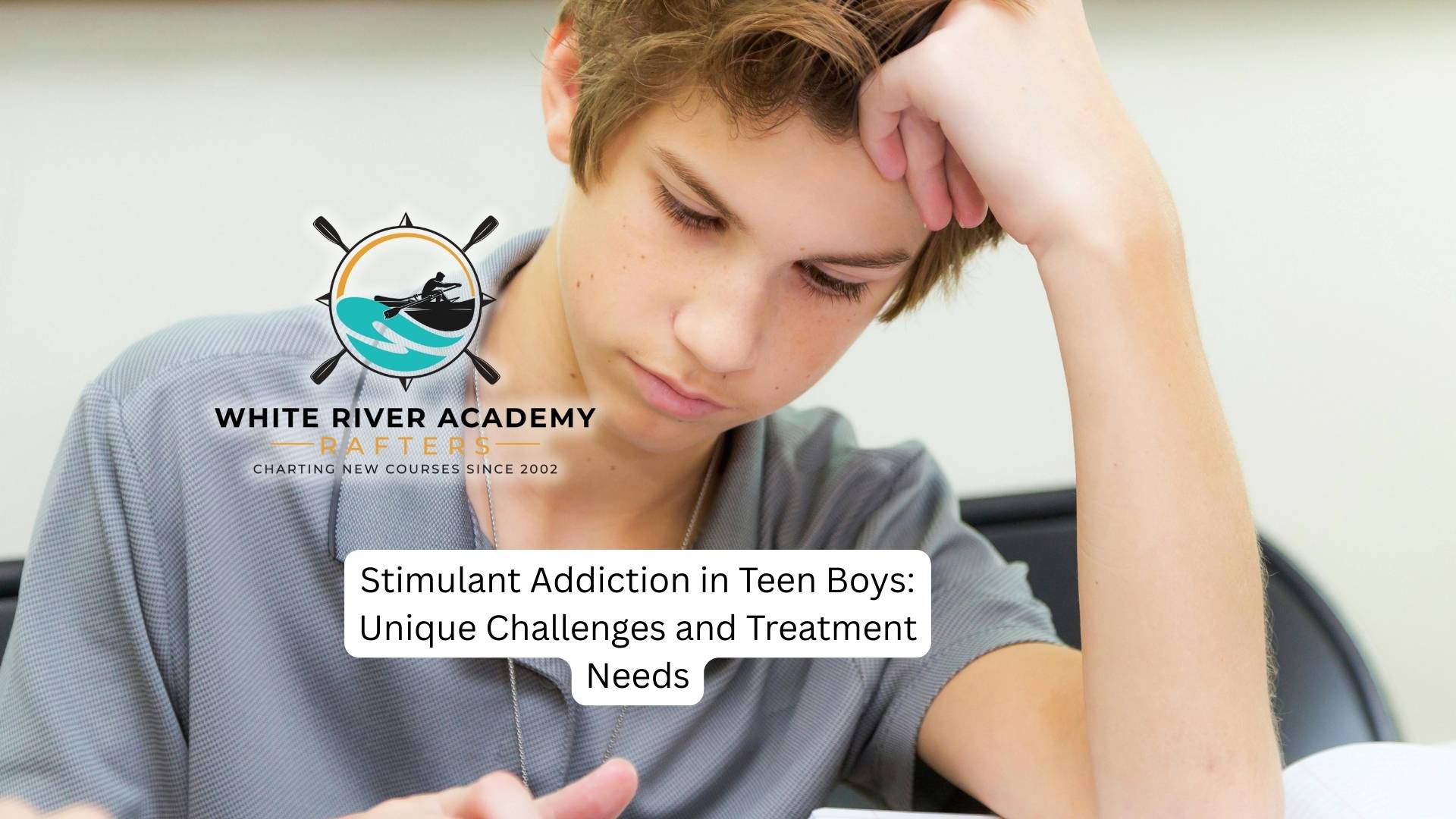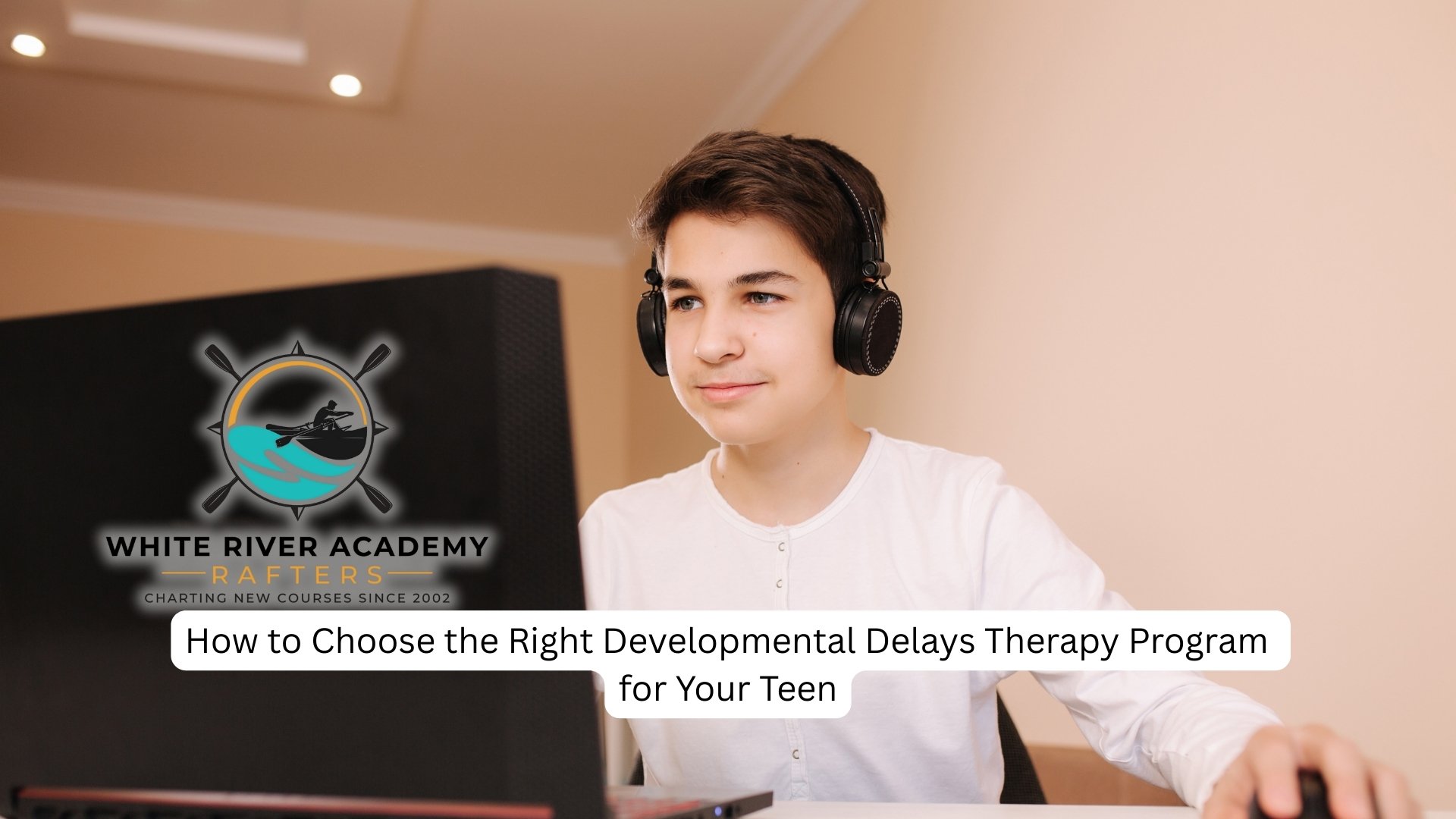Conversations about drugs may feel intimidating, but they are vital to your teenager’s safety and development. Adolescents encounter peer pressure, conflicting information, and natural curiosity, which can increase the likelihood of experimentation. Learning how to approach this discussion calmly and effectively, parents can provide guidance that supports informed choices.
This article explains how to begin the conversation, what to emphasize, and strategies for maintaining trust while addressing drug use in a realistic and helpful way.
Understand the Importance of Early Communication
Waiting until a problem arises makes the conversation reactive rather than proactive. Introducing the topic early allows your teen to see it as a normal discussion about health and safety, not a punishment or lecture. Starting before exposure to drugs helps them recognize risks and equips them with accurate knowledge. Teens who feel supported and educated at home are less likely to misuse substances. Presenting the issue as a health matter rather than a moral failure creates an atmosphere of openness that encourages ongoing dialogue.
When substance use does become a concern, early communication also helps families identify when professional support, such as our substance abuse programs for teenagers, may be appropriate. We at White River Academy are committed to giving families the support and resources they need to face these challenges with structure and without stigma.
Create a Safe and Non-Judgmental Environment
Adolescents are more receptive when they feel respected and free from criticism. Choosing a calm moment, such as a car ride, walk, or family dinner, sets a better tone than confronting them during conflict. Use open-ended questions like, “What have you heard about vaping at school?” or “What do your friends say about drinking?” to start the conversation.
These questions allow your teen to share their perspective while giving you insight into what influences they face. Listening actively, validating their feelings, and avoiding judgment strengthen the relationship, making it easier for them to confide in you when challenges arise.
Focus on Facts and Real-World Consequences
Teenagers are often exposed to misleading information, particularly online. Providing straightforward, age-appropriate facts about the dangers of alcohol, marijuana, opioids, and prescription misuse is essential. Instead of using exaggerated warnings, emphasize realistic consequences: impaired judgment, changes in mood, poor academic performance, legal trouble, or long-term health risks.
Discuss how substance use can interfere with sports, driving, college applications, or part-time jobs. Showing how choices connect to goals they care about, you make the conversation more relatable and impactful. Accurate, relevant information also helps prevent your teen from relying on myths shared by peers.
Address Peer Pressure and Social Influences
Peer pressure is one of the biggest reasons teens try drugs, to fit in or avoid rejection. Acknowledging this pressure, you validate the reality of their social world. Discussing real-life situations helps them prepare, and role-playing responses gives them the confidence to refuse without feeling embarrassed. Reinforce the idea that declining an offer does not make them weak but instead demonstrates self-respect and independence.
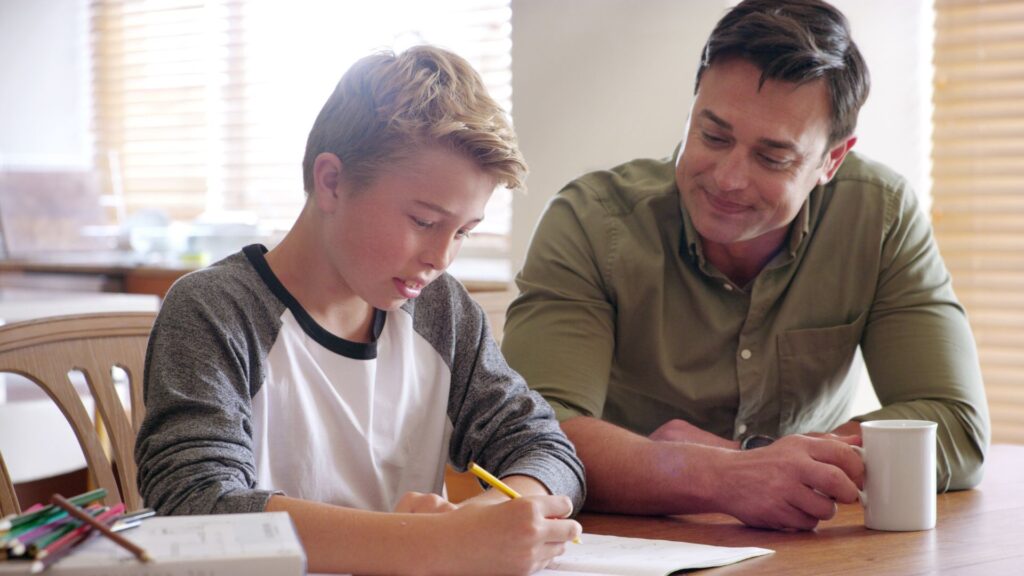
Remind them that genuine friends will respect their boundaries and that prioritizing health is more important than temporary approval. Offering clear, practical strategies empowers them to manage social settings without resorting to risky choices.
Encourage Healthy Alternatives and Coping Skills
Teens sometimes turn to substances to manage stress, loneliness, or boredom. Helping them discover constructive outlets builds resilience and reduces the need for unhealthy coping mechanisms. Encourage participation in activities like sports, art, music, or volunteering for a good cause, which provide purpose and build self-esteem.
Teaching stress-relief techniques such as exercise, journaling, or mindfulness can also equip them with tools for managing difficult emotions. Reinforcing positive outlets allows you to support their ability to handle challenges without relying on drugs. These skills become protective factors that enhance both their physical and emotional well-being.
Keep the Conversation Going
Talking about drugs should not be treated as a one-time lecture. Adolescence is a period of constant change, and your teen’s risks, exposure, and understanding will shift as they grow. Regularly revisiting the subject helps reinforce earlier lessons and creates space for new questions.
Checking in casually, whether during a drive or while watching TV, keeps the topic approachable rather than intimidating. Maintaining consistent, supportive communication shows that you are always available to listen and guide them, which can make a significant difference if they face difficult choices.
Final Thoughts from White River Academy
Talking to your teenager about drugs is not about giving a single lecture but about cultivating a relationship centered on honesty, trust, and steady communication. Early conversations, grounded in facts and free from judgment, empower teens to make decisions that protect their future. By staying engaged, addressing peer pressure, and encouraging healthy coping skills, parents can reduce risks and strengthen their child’s resilience.
At White River Academy, we recognize how difficult these conversations can be for families. Our different programs in Utah offer a structured environment where adolescents can develop healthier coping mechanisms, rebuild their confidence, and strengthen family bonds. With years of experience supporting teens through life’s challenges, we are dedicated to guiding families toward stronger communication and lasting well-being.

